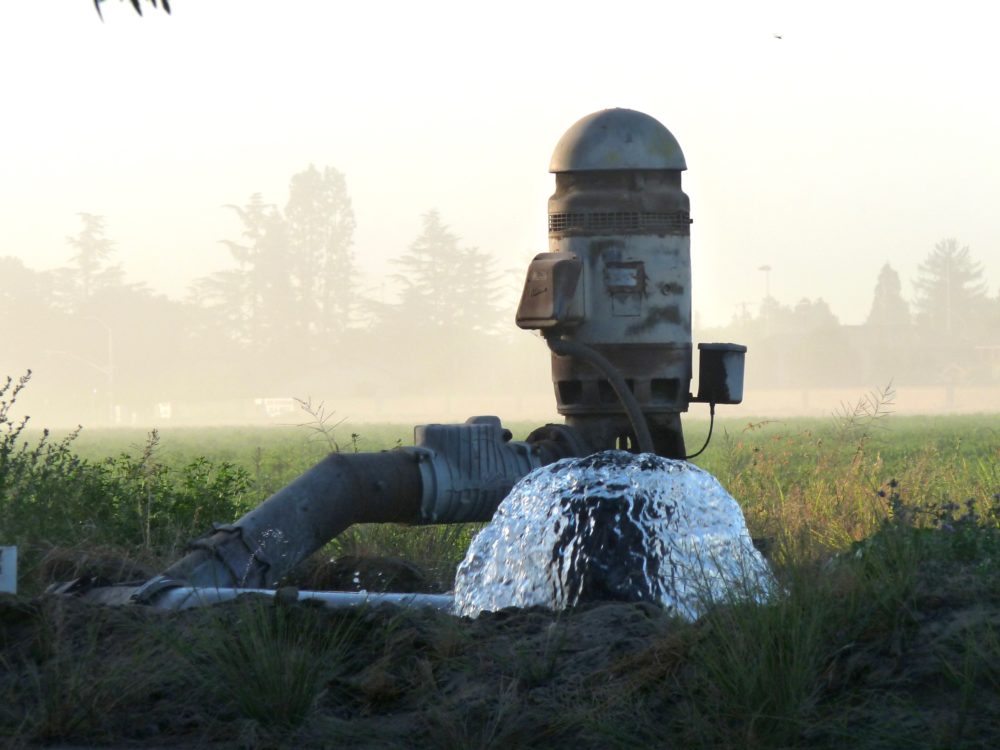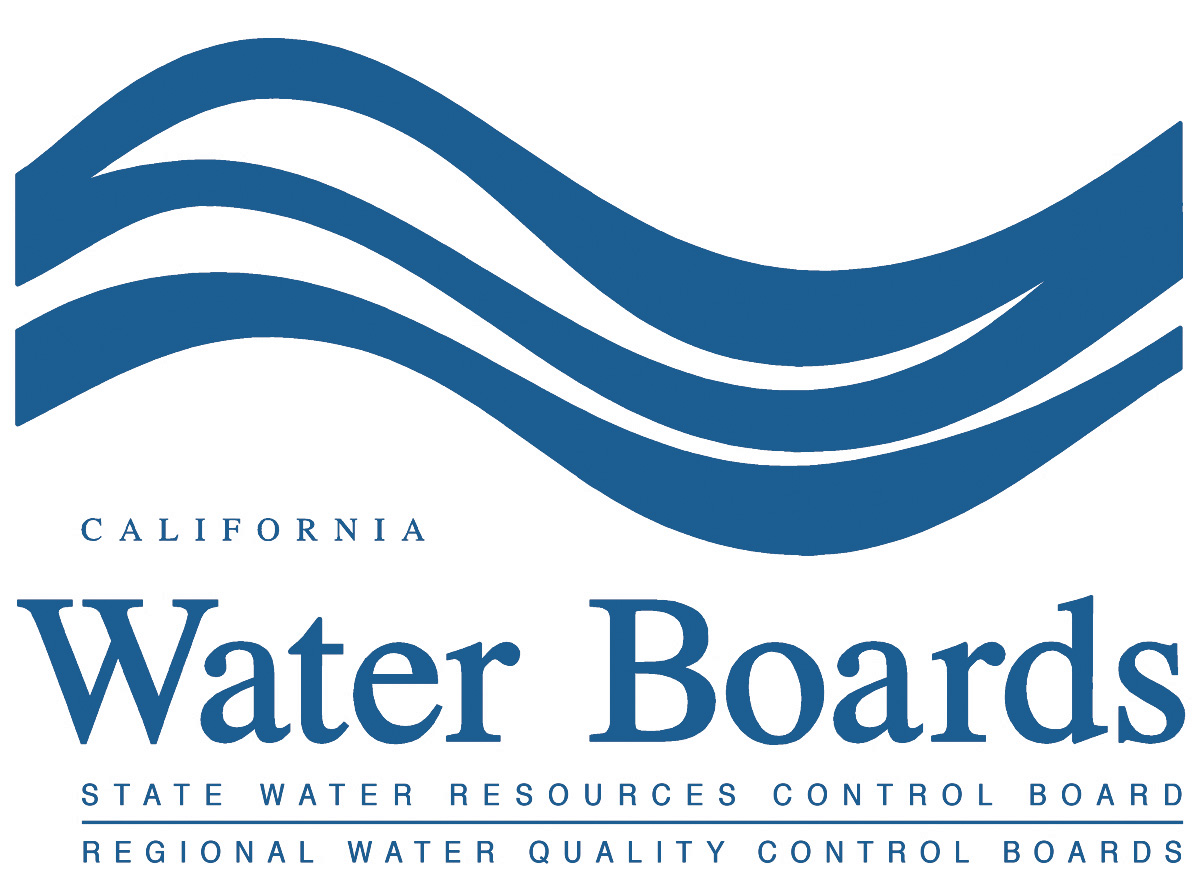Select Growers Asked to Remediate Nitrates in Water
Cris Carrigan Opens Dialogue With Growers about Nitrates in Water
By Patrick Cavanaugh, Farm News Director
Over the last year, 19 Salinas Valley growers, and recently 26 citrus growers on the east side of Tulare County, each received a confidential letter from Christian Carrigan, director, State Water Resources Control Board (SWRCB), Office of Enforcement. The letter constituted an invitation to a meeting to discuss the provision of uninterrupted replacement water to communities and individuals who rely on the region’s groundwater which contains too many nitrates.
Invitation recipients are growers who farm larger tracts of agricultural land in regions identified to have elevated nitrate-contaminated groundwater based on historical evidence. The ‘Harter Report,’ officially submitted to SWRCB in 2012 as, “Addressing Nitrate in California’s Drinking Water,” reinforced the nitrate problem.
The letter presented recipients with a choice: provide replacement potable water to disadvantaged communities with substandard drinking water or face a mandated Cleanup and Abatement Order that would require the development, installation, and ongoing operation of expensive reverse-osmosis water treatment systems or other fixes.
“We’re looking at ways to have a broader dialogue with the larger agricultural community,” Cris Carrigan explained. “I sent the confidential letter to a group of agricultural land owners in Tulare County and because I offered to maintain its confidentiality, I really don’t want to talk about the contents of it now.”
“I should be clear, this is an action by the Office of Enforcement at the State Water Board,” Carrigan said. “It is led by Jonathan Bishop, chief deputy director. I am a legal officer and he’s my client, the decision-maker at the Board.”
“We have not talked about this with the board members, Tom Howard, executive director, or Michael Laufer, chief counsel,” Carrigan clarified. “We have preserved their neutrality by not communicating with them about this action in case we need to do an adjudicatory proceeding. We did the same thing in Salinas.”
Carrigan noted that his office does not want this to go into an adjudicatory proceeding. “We are really set up, primarily, to try and resolve this in a mutually acceptable and cooperative way. We think there are ways to do that. We’ve learned a lot from engaging with the agricultural community in Salinas. Now we hope to apply those lessons and learn some new things in Tulare County.”
Carrigan commented that he is having the right kind of dialogue with farmers. “We’re talking about the right kinds of things. Again, I understand that nitrogen means food, food means jobs. We need to have a scientifically defensible way to bring back [water] resource restoration, so that our aquifers can become clean again.”
“In the meantime, we have to prevent people from being poisoned by bad water. That is what this is all about,” Carrigan said.
Are Nitrates and Nitrites in Foods Harmful? (By Kris Gunnars, BSc, Authority Nutrition)











